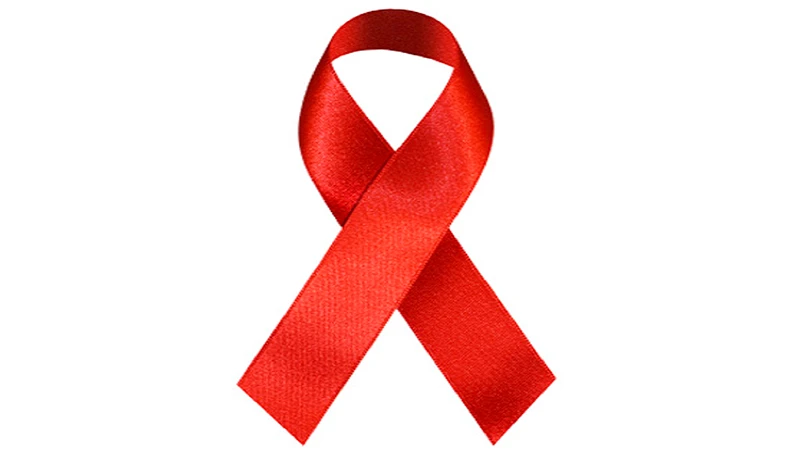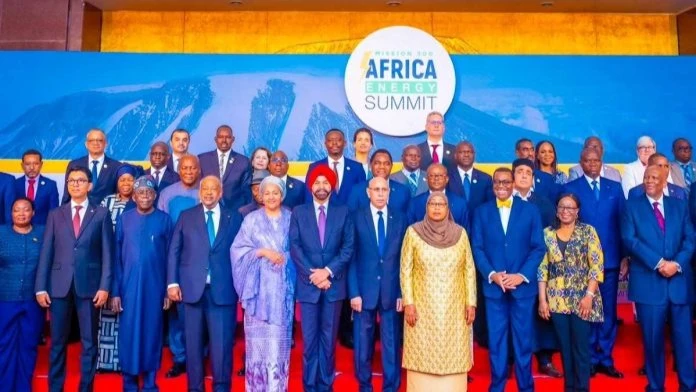Budgeting for HIV/Aids drugs locally is plausible

A SECTION of legislators have recently appealed to the government to move faster and more emphatically in implementing its sustainability plan for the country’s HIV and AIDS response to reduce reliance on donor assistance.
The math wasn’t provided in detail when the chairman of the legislative body’s Health and HIV/AIDS standing committee made this suggestion when presenting the committee’s annual report for 2024. Yet there is a respite in the sense of urgency that pushed MPs to the view.
It was generally noted that the idea was a result of moves by the new authorities in the United States to pause its funding for numerous foreign aid programmes, at that time thought to include essential HIV services.
An order was issued on January 20 for a pause in aid deliveries so that foreign aid contributions could be reviewed to see if they align with the policies of the current (Donald Trump) administration.
While on a visit to some Latin American countries, US Secretary of State Marco Rubio explained that there is a waiver for emergency food aid or life-saving medicine and similar needs. He talked about programmes that enhance the stature and national interests of the United States.
The Bureau of Global Health Security and Diplomacy (within the US State Department) had earlier issued a memo clarifying that the President’s Plan for Aids Relief (PEPFAR) was covered by the specific exceptions to the clampdown, spelling out what activities would be financed.
It thus remains to be seen if any of the PEPFAR components will be identified as life-saving HIV care. It is not clear yet if it will include the breadth of treatment services, including testing and counselling, prevention and treatment of infections like TB, lab services and mother-to-child transmission care.
Some of the data being aired in the wake of this notice sort of indicated that more than 20 million people living with HIV, two-thirds of those receiving treatment globally, are directly supported by PEPFAR.
This is the sort of issue that is being raised by conservatives in the US administration and other quarters, if over two- thirds of the world’s AIDS patients can only be treated with urgent US funding.
That is why there is no surprise in our legislators’ view that something can be done on the fact that a preponderant portion of HIV and AIDS intervention efforts in our country relies on external donations.
It is true that when the funding reaches its limit it could severely hinder the country’s ability to maintain its HIV/AIDS pandemic action, in which case mitigation measures will be needed.
An answer may already have been provided in the form of the cost-sharing format in place earlier and now being reinstated.
The parliamentary committee seemed to be persuaded that the government can take up HIV-AIDS bills within much ado, as if reliance on PEPFAR was accidental – or incidental.
There are two ways in which local financing of extensive health needs can be brought up, one being ensuring a vast change in governance habits by altering expectations of public servants and the wider public sector.
As that can’t be done in a consensual manner, it would alternatively demand deliberate structural reforms to sink into the government vast amounts of money, absorbing its foreign debt servicing bills. But that would clearly be quite a tall order.
Top Headlines
© 2025 IPPMEDIA.COM. ALL RIGHTS RESERVED

















